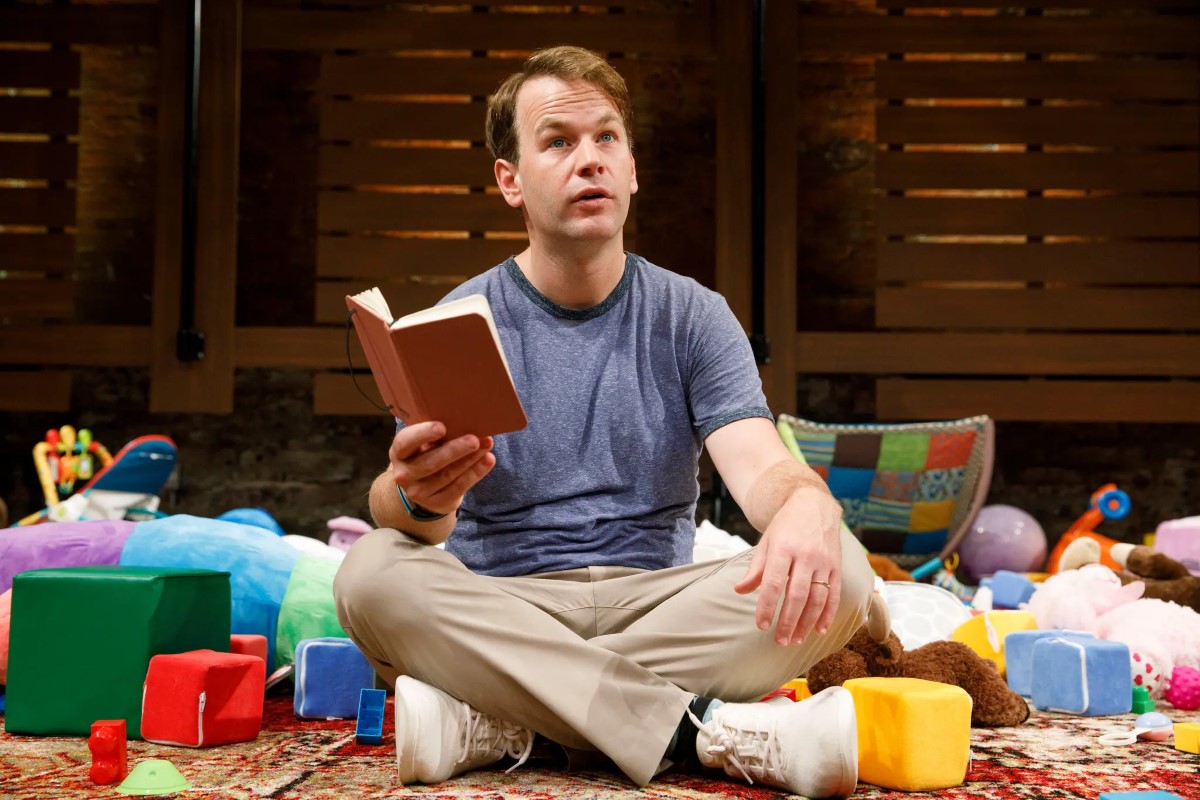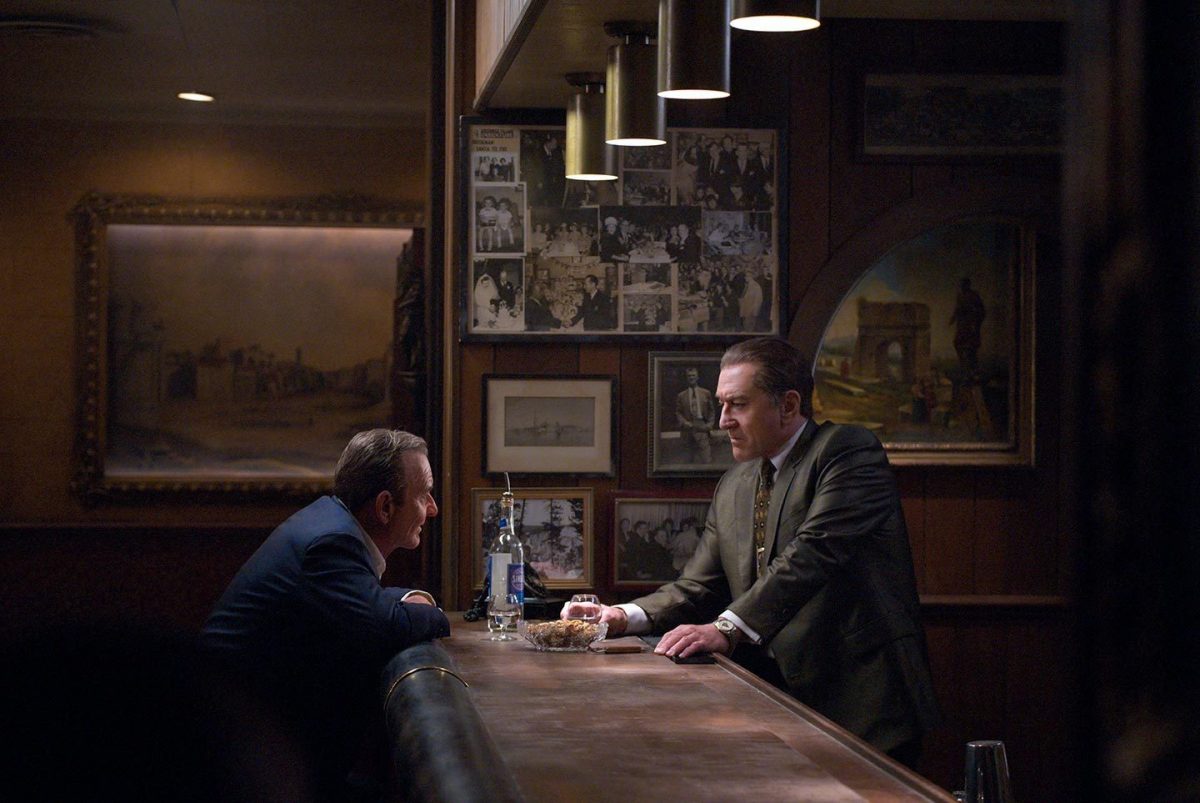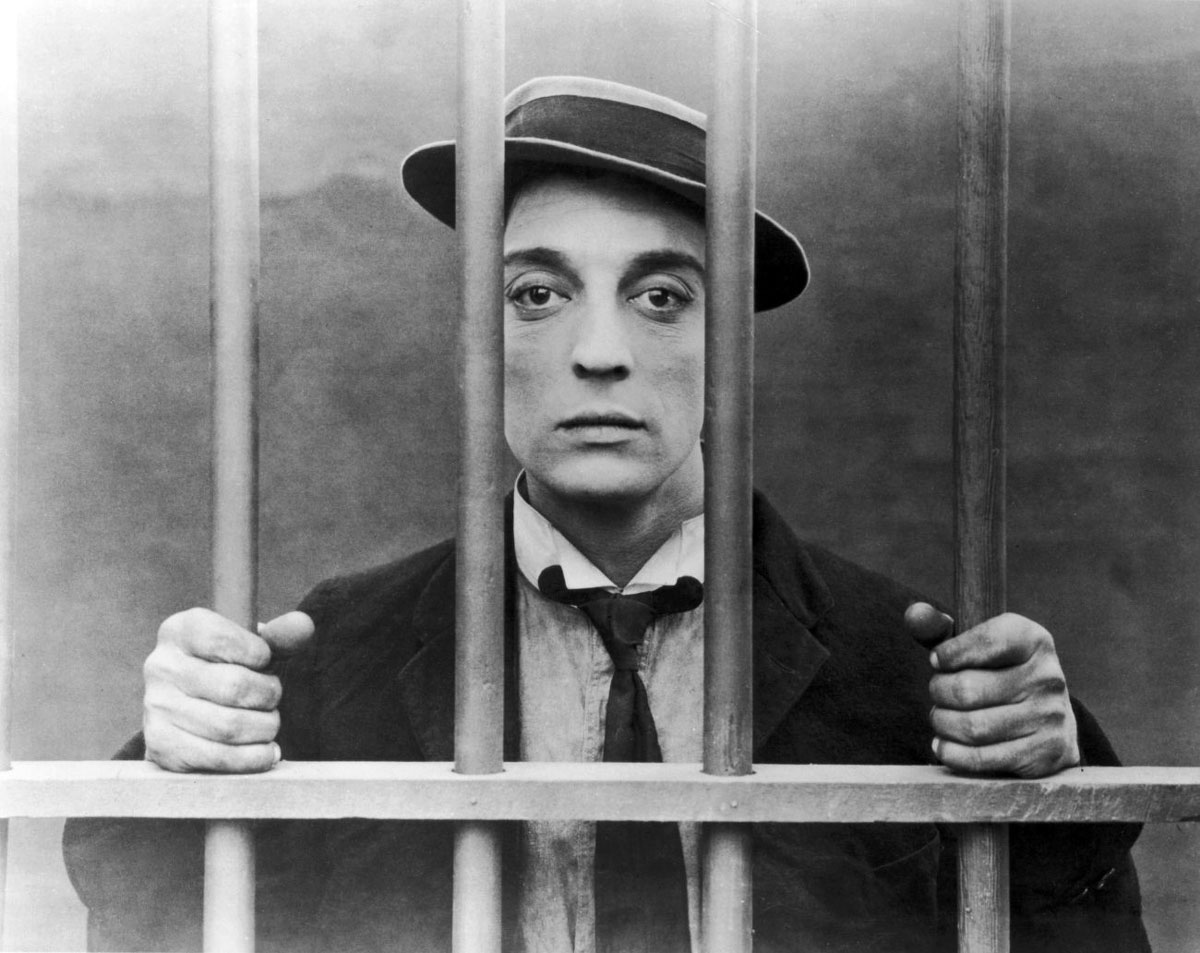Protected: The Irishman (2019) – Reviews
There is no excerpt because this is a protected post.
There is no excerpt because this is a protected post.
Hemingway managed to catch and hold in his novel a set of attitudes toward war and human love which are essentially ageless. Moreover, the prose style in which he says his say about the people he knew in that now-ancient war has remained for the most part singularly invulnerable to the assaults of time.
Siamo nel tormentato medioevo giapponese: la guerra civile infuria seminando lutti e miseria. In una capanna nascosta da un fitto canneto, tra la palude e il fiume, una donna anziana e una giovane, suocera e nuora, aspettano che torni il loro uomo. Per sopravvivere, tendono agguati a sperduti «samurai», li uccidono, li depredano, li gettano in un pozzo, vendono le spoglie a un mercante.

Christopher Nolan’s film Interstellar explores several complex scientific concepts, but here are some key ones explained in easy terms

The comedy special for the comedian/actress was released on her 40th birthday and includes discussion of her newly found Jewish roots, her rise to fame and being a woman.
by Joan London Of all Jack London’s serious works, none has been more widely misapprehended than Martin Eden, which he began to write soon after
Robert Hass, in his introduction to the Bantam edition of “Martin Eden”, points out that Jack London simply reflects the culture of his time, a culture that was dominated by imperialism, social Darwinism, and a style of aggressive masculinity.
by Dwight Macdonald With this comédie noire Stanley Kubrick clinches his title—one I conceded him years ago—to Best of Show among our younger directors and

by Dwight Macdonald Lolita is a good movie which might have been much better. For the title role, Stanley Kubrick discovered a teen-age television actress
Il Dottor Zivago è stato tradito da un film senza poesia e guastato dal gusto materialistico delle grandi sensazioni, degli scontri propagandistici senza retroterra spirituale
Il film di Pier Paolo Pasolini, Uccellacci e uccellini ha un impianto allegorico, o per meglio dire da parabola. Il regista stesso parla di una «operetta poetica nella lingua della prosa» (come intenzione) dalla struttura magica e malinconica di favola. In altri momenti definisce il suo racconto «ideo-comico»

Comedian Mike Birbiglia hits Broadway with a hilarious yet profound one-man show that recounts his emotional and physical journey to parenthood.
2001: Odissea nello spazio non somiglia a nessun film di fantascienza o di fantapolitica finora realizzato. Perché non è un film di fantascienza in nessun senso del termine, ma semplicemente un discorso sull’uomo, l’uomo di sempre.
Mankind is in mortal peril, and fear now, as in the past, is inclining men to seek refuge in God. Throughout the West there is a very general revival of religion. Nazis and Communists dismissed Christianity and did things which we deplore. It is easy to conclude that the repudiation of Christianity by Hitler and the Soviet Government is at least in part the cause of our troubles…

An old man recalls his time painting houses for his friend, Jimmy Hoffa, through the 1950-70s.
In the following essay, published in 1970, Spinner discusses the autobiographical novel Martin Eden, which he regards as one of the first bleakly existentialist anti-hero novels in American literature.
Eyes Wide Shut is the work of an artist who long ago stopped paying attention to the world around him. If you are someone who cares about film culture, you will want to see it anyway, perhaps more than once. Respect for the rest of Kubrick’s work would demand no less.
Here comes the bride, and she’s got plenty to say. Newlywed Iliza Shlesinger dissects wedding traditions as she mines her nuptials for laughs.
Lolita is a film that runs steadily downhill at too slow a pace for a needless two and a half hours.

In 1949, the film critic James Agee published his influential essay “Comedy’s Greatest Era,” in which he recounts the golden years of silent comedy and proclaims that the genre’s “four most eminent masters” were Charlie Chaplin, Buster Keaton, Harold Lloyd, and Harry Langdon
The great merit of Dr. Strangelove is its bad taste. It is silly to argue that we have the right to say anything we want but that to exercise this right is the height of irresponsibility. Responsible art is dead art, and a sane (no pun intended) film on the bomb would have been a deadly bore.
Get the best articles once a week directly to your inbox!